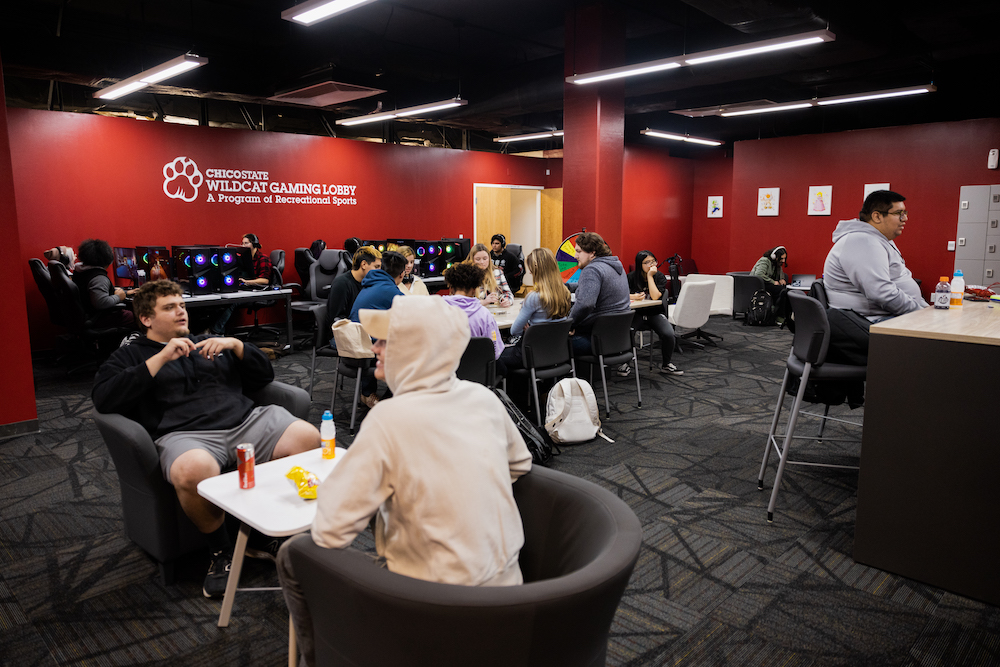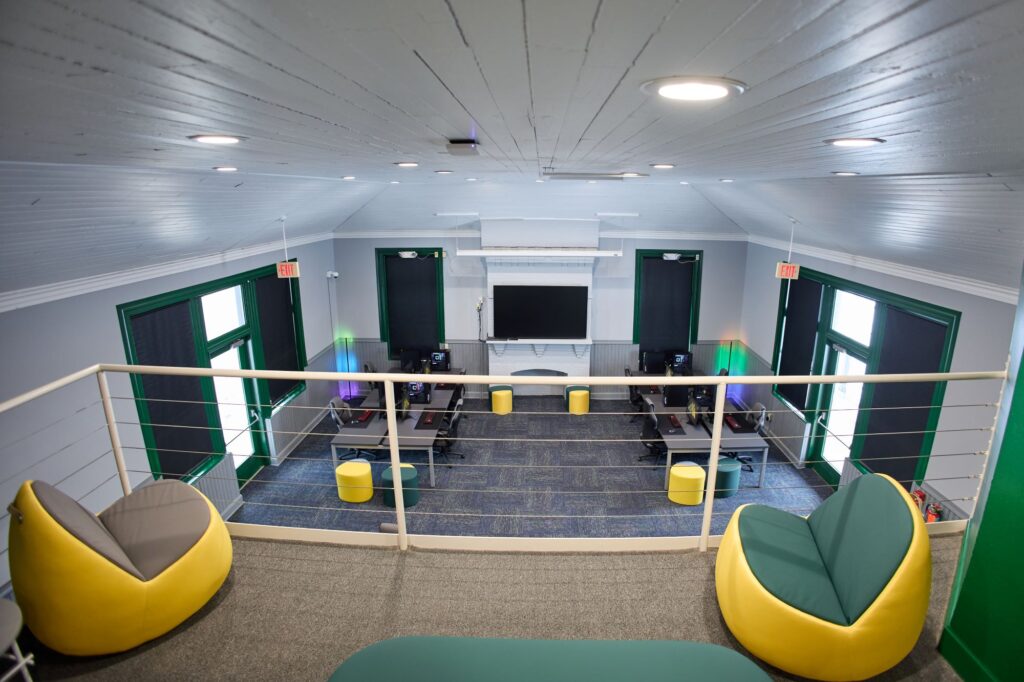
The Landscape of Collegiate Esports: Opportunities for Future Students
For high school students considering college,
the rapidly expanding field of collegiate esports
is a big question on many’s mind.
Universities nationwide are establishing and growing competitive gaming programs,
influencing both academic and extracurricular pathways.
We’ve seen a lot of development of esports at the collegiate level recently, like below:
Emergence of Academic Programs
Beyond competitive teams, some universities are developing specialized academic curricula.
For instance, the University of Alabama at Birmingham (UAB) has launched a Bachelor’s
degree in Esports Performance Management and Coaching.
Such programs aim to prepare students for professional roles within the broader esports industry,
highlighting areas like team management, event organization, broadcasting, and performance analysis.
Which signifies a move toward normalizing educational pathways for a sector projected to be valued in billions.
Growth in Competitive Structure and Recognition
Collegiate esports programs are increasingly formalizing their competitive structures,
participating in national leagues and championships. Missouri State University’s Overwatch team,
for example, recently secured its first national title in the National Esports Collegiate Conference (NECC) Project I National Championship.
This shows the rising level of competition and the increasing recognition of esports as a legitimate intercollegiate activity.
Not to mention how many programs now offer scholarships, paralleling those in traditional athletics, to attract skilled players.
High School Programs as a Foundation
The growth in collegiate esports is being supported by a parallel expansion at the secondary education level.
High schools, such as Hudsonville Public Schools,
are transforming classrooms into dedicated esports labs and establishing official teams.
This provides younger students with early exposure to competitive gaming in a structured environment,
building skills in teamwork, strategy, and communication.
This development at the high school level serves as a pipeline,
preparing students for collegiate programs and
contributing to the overall talent pool in esports.
Industry Integration
The increased presence of esports in higher education aligns with the broader professionalization
and commercial growth of the esports industry.
Universities are becoming vital hubs for player development, research, and talent acquisition
for a wide range of roles within the esports ecosystem.
For prospective college students, engaging with collegiate esports offers avenues for skill development,
competitive achievement, and career preparation within a growing global industry.
Researching specific university programs, their competitive divisions, and academic offerings provides clarity on available opportunities.

